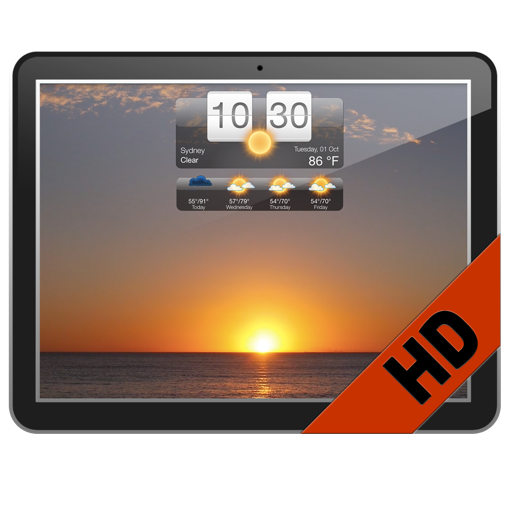

Ecotourism, a form of tourism which takes place in natural settings, is educational/interpretative in disposition and embraces sustainability (Weaver and Lawton 2007), has been touted as an alternative tourism product to mass tourism in Mediterranean islands (Said 2017).
#Seasonality core how to
There is thus the necessity to investigate how to attract other forms of tourism and tourists with different interests to such destinations to overcome seasonality and the negative impacts mass tourism has brought with it (Baldacchino 2015). On a global level, the Mediterranean region shows the highest levels of seasonality which is on the rise (Duro and Turrión-Prats 2019). Due to the strong reliance on mass tourism around coastal areas (Cannas and Giudici 2015), tourism activity in the Mediterranean region predominantly takes place during the summer period (Ruggieri 2015). Sand, Sun and Sea (3S) tourism is a leading attribute for island destinations in the Mediterranean (Alipour et al. These fall into one of three main categories: aggressive pricing, diversification of the product mix and change of the customer mix (Andriotis 2005). Various strategies have been adopted to tackle seasonality. The reduced income off-season leaves an impact on the quality of life (Cannas 2012). In fact, islands also face the challenge of displacement of permanent residents, at least throughout a period of the year, due to necessity to work elsewhere (Marjavaara 2008 Peronaci and Luciani 2015). In addition, seasonality in tourism influx has an impact on the local community as it influences the employment period which tends to be seasonal in nature (Silva and McDill 2004 Ruggieri 2011). Because of seasonality, host communities have experienced various challenges including seasonal environmental congestion and low return on investment for tourist enterprises (Andriotis 2005). Baum and Hagen ( 1999) linked the significant variation on the demand‐side in peripheral areas such as islands to climatic and demographic lifestyle, as well as structural or institutional factors. This is known as seasonality and has been defined by Butler ( 2001) as a temporal imbalance in the phenomenon of tourism. Whilst tourism on islands in the Mediterranean region naturally has a positive impact, it has also led to various negative environmental, economic and sociocultural consequences (Baldacchino 2015), not to mention that most islands face considerable disparities in tourism influx (Ruggieri 2011). Owing to the small size of island economies and the constraints set by insularity, growth and development on islands is increasingly dependent on the tourism sector (Mazzola et al. Marine ecotourism is considered as a means to give more value to marine protected areas and to make existing tourism activity in the peak season more sustainable.

In return, this can help ease the financial, social and environmental challenges associated with current tourism models improving the well-being of local communities. This is because different ecotourism activities can be practised all year round, thus mitigating seasonality. Findings revealed that ecotourism not only is the preferred alternative form of tourism among stakeholders but is also possible and ideal as confirmed through the ecotours. Fieldwork, including interviews with key stakeholders and ecotours off-season, was conducted in the Aegadian Archipelago, off the west coast of Sicily. This is largely experienced due to Sand, Sun and Sea (3S) tourism.

In other cases, tourism has grown considerably resulting in overemphasis on mass tourism throughout part of the year. Primarily, tourism has been characterised by seasonality (the strong spatio-temporal concentration of tourists in a destination) especially in the most peripheral islands. Islands of the same archipelago have faced various challenges in terms of tourism growth and related impact.

Due to their insularity and small economies, several islands have become reliant on tourism activity for the livelihood of their communities.


 0 kommentar(er)
0 kommentar(er)
